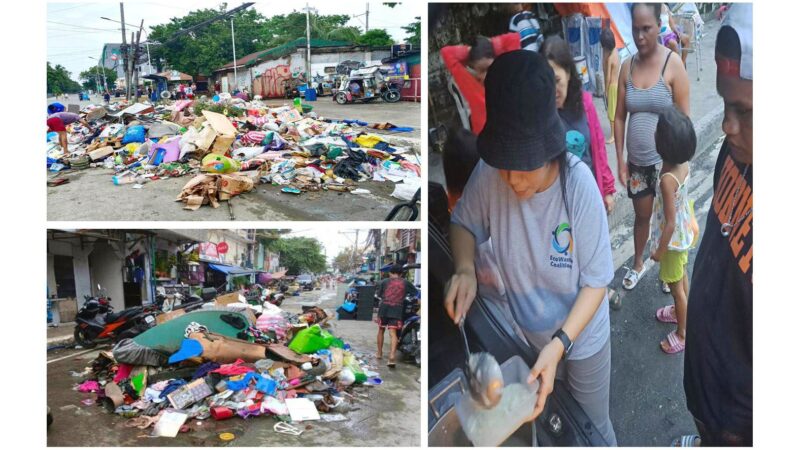NOT DOCTOR-RECOMMENDED: MEDICAL ASSOCIATIONS WARN OF E-CIG, VAPE HEALTH RISKS
Medical associations on Monday decried as ‘fake news’ claims that e-cigarettes and vapes are a healthier alternative to regular cigarettes.
“E-cigarettes and vapes should not immediately be viewed as healthier alternatives to cigarettes,” said Dr. Michael Caampued of the Philippine Society of Public Health Physicians or PSPHS. “At present, It is dangerous to brand these novel products as helpful to those who want to stop cigarette smoking while there are still no high-quality evidence to back the claim,” Dr. Caampued added.
“We are now seeing a rise in cases of e-cigarette or vaping product use-associated lung injury (EVALI), in other countries. In fact, the Philippines already recorded its first case in 2019,” said Dr. Corry Avanceña of the Philippine Pediatric Society (PPS). “These novel products emit aerosols containing chemicals that harm the lungs of the users and even the lungs of those around them,” Dr. Avanceña, a pediatric pulmonologist, explained.
“The best way to quit smoking is through a mix of safe and doctor-recommended methods: nicotine replacement therapy, counseling, and family support, among others,” advised Dr. Avanceña. “You shouldn’t replace an addiction with another addiction,” she said.
Vape and E-Cig Bill Endanger Public Health
The medical associations also expressed their concern against bills in Congress that seemingly seek to regulate the sale, promotion and distribution of vapes and e-cigarettes. “In reality, the proposed measure in Congress on vapes and e-cigarettes weakens our policy milestone in tobacco control set by RA 11467,” said Dr. Caampued. Republic Act. No. 11467 is more informally known as the Sin Tax Law.
House Bill No. 9007 or the Non-Combustible Nicotine Delivery Systems Act was recently approved on third and final reading in the House of Representatives last week. A similar measure will be deliberated in the Senate.
“If we are to regulate a product that is this dynamic, we should not weaken regulation, rather encourage continuous review of evidence and afford the FDA stronger regulatory roles,” he urged.
“We should not introduce policies that will weaken existing regulations on the sale, promotion, distribution, and use of vapes and e-cigarettes,” he also said.
“The bill is dangerous to public health and young Filipinos’ health as it will roll back the age restriction set by the FDA for the sale of these novel products from 21 years old to 18 years old and embolden vape and e-cigarette makers to market their products to non-smokers as ‘healthier products’,” added Dr. Avanceña. “We have to remember that the brain continues to mature until our early 20s and that early exposure to nicotine could impair the brain’s development.”
Vapes and E-Cig-Makers Target Youth
Meanwhile, law group ImagineLaw also exposed the practice of vapes and e-cigarette makers to target young people as new consumers.
“Tapping youthful influencers, launching gimmicks and promos, and maximizing online platforms are just some of the tactics that vape and e-cigarette makers engage in in order to target young people as new consumers,” said ImagineLaw Policy Associate Atty. Anna Bueno.
“E-cigarette and vape industries, some of them with ties to tobacco companies, are looking for new products to lure new consumers to nicotine addiction,” she added. “Once the Vape Bill is passed into law, young Filipinos’ health will be compromised in the name of profit,” Bueno concluded. #







